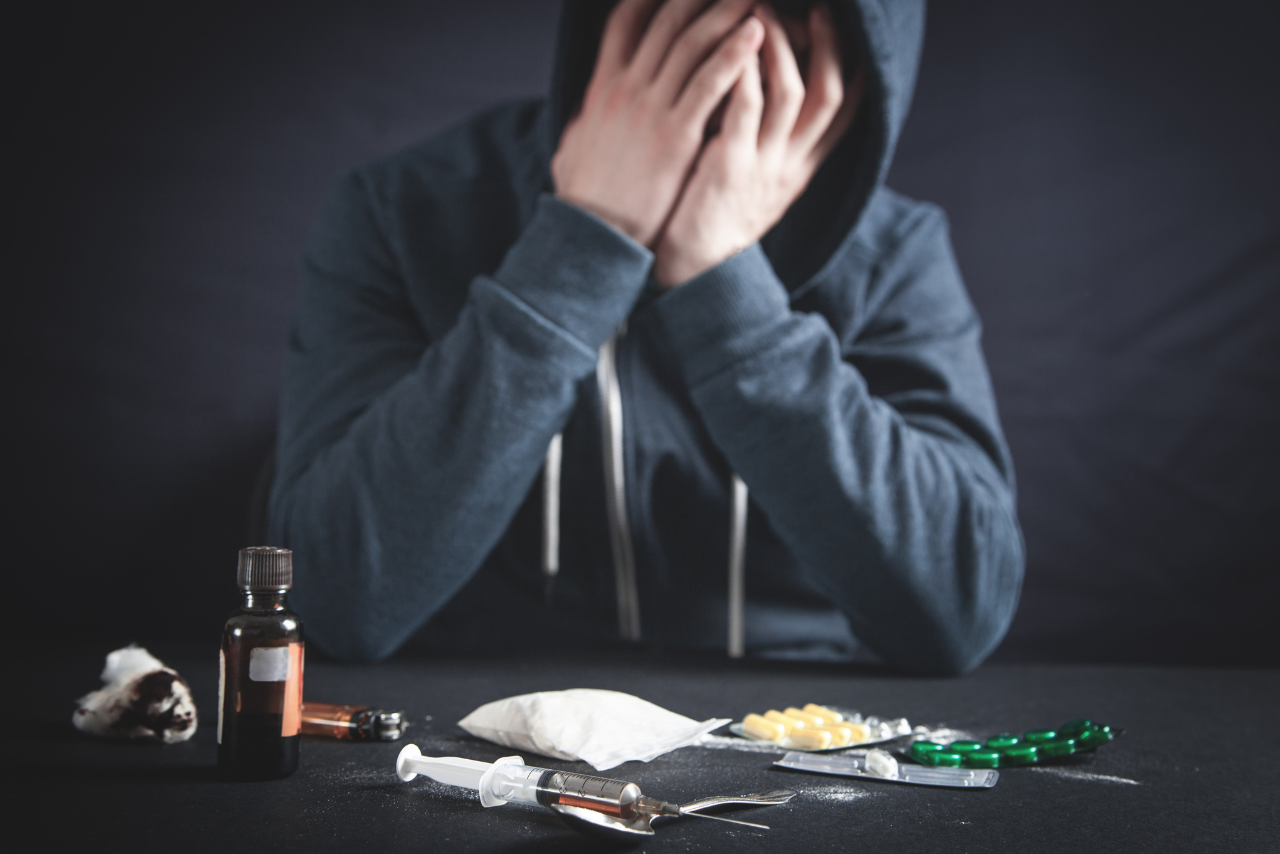Breaking an addiction is a complex process that doesn’t have a one-size-fits-all timeline. While detox may take a week or two to remove substances from your body, achieving long-term recovery often requires weeks or months of focused treatment and ongoing personal support. Addiction is a chronic disorder, and maintaining control over urges and behaviors is a lifelong effort that starts with finding the right care.
If you or a loved one are struggling with addiction, reach out to us at Valor today! Call us or visit our admissions page now to learn more on how we can help!
What Is an Addiction?
When considering how many days to break an addiction, it can be valuable to quickly review the differences between substance abuse and addiction.
- Substance abuse is a dangerous, potentially deadly, behavior that involves the intentional misuse of alcohol or other drugs. Some people who engage in substance abuse develop addictions, while others are able to participate in this risky behavior without becoming dependent on the drugs they’re using.
- Addiction is a behavioral health disorder that is characterized by an inability to control the amount and frequency of your substance use, even after it has negatively impacted your health or otherwise undermined your ability to live the life you desire.
Prior to developing an addiction, it shouldn’t be too difficult to stop using substances if you want to. Once you have become addicted to alcohol, opioids, or other drugs, stopping can take considerable effort and may require extensive professional treatment and long-term personal support.
Symptoms of Addiction
The clinical term for addiction is substance use disorder. As established in the fifth edition of the Diagnostic and Statistical Manual of Mental Disorders (DSM-5).
Criteria for being diagnosed with a substance use disorder include:
- Having strong cravings for the substance
- Using the substance in a larger amount or for a longer period of time than intended
- Spending a considerable amount of time acquiring, using, and recovering from the effects of the substance
- Failing to fulfill personal, academic, or work-related obligations due to your substance use
- Continuing to use the substance after experiencing social or interpersonal problems due to prior use
- Continuing to use the substance even though you know it has caused you to develop physical or psychological problems
- Giving up or limiting your participation in important activities due to your substance use
- Frequently using the substance in situations that are clearly hazardous, such as immediately prior to driving or while using other drugs
- Developing tolerance, which means that the substance doesn’t have as powerful of an effect on you as it used to, so you need to use greater amounts to experience the sensations you are seeking
- Developing withdrawal symptoms, which may include physical and psychological distress, when you abruptly end or reduce your substance use
- Having a persistent desire to reduce or end your substance use, but being unable to do so
If you have symptoms such as these, you should consult with your primary physician or schedule an assessment at a reputable addiction treatment center.
Addictions are chronic, progressive disorders. This means that they won’t simply disappear on their own, and are likely to worsen over time. However, when you find the type of treatment that aligns with your history, needs, and goals, you can end your substance use and start living a healthier life in recovery.

How Many Days to Break an Addiction?
Chronic disorders such as addictions are not curable conditions. Instead, the goal of treatment is to ease distress and help you learn to manage your symptoms.
In this context, questions about how many days it takes to break an addiction may refer to:
- Ending your substance use long enough to fully eliminate the drug from your body
- Regaining control of your thoughts and behaviors so that you can resist future urges to drink or use other drugs
Achieving the first goal can take about a week or two. The second objective can begin to occur in a few weeks or months, but maintaining this control will require a lifelong effort.
Three elements that can contribute to your success in these areas are detox, residential/outpatient treatment, and personal support.
Detox
When you develop an addiction to a substance, then abruptly stop using it, your body may react with a variety of physical and psychological withdrawal symptoms. These symptoms occur because your body is attempting to re-establish a sense of equilibrium after adapting to the continuous presence of the substance you’ve been using.
Detox is a short-term program that can help you get through withdrawal as safely and comfortably as possible. The length of time you will need to spend in detox can be influenced by factors such as which drug you’ve become addicted to, how long you’ve been addicted to it, and how much you have been using.
Taking these factors into consideration, a typical detox experience usually ranges from five to 10 days.
Successfully completing detox can feel like “breaking” your addiction because you have finally been able to stop using the substance for a short period. But while detox can prevent you from becoming overwhelmed by acute withdrawal symptoms, it can’t prepare you to manage the urges and compulsions that you’re likely to experience in the future. For that, residential and outpatient treatment can help.
Residential & Outpatient Treatment
Researchers have established a link between longer times in treatment and higher success rates in recovery.
How long should you expect to remain in treatment? Like so many other aspects of addiction, treatment, and recovery, the answer to that question can vary depending on a range of personal factors.
For many residential treatment programs, typical length of stay is 28 days. However, many facilities also offer 60-day, 90-day, or even longer options.
For those who are participating in outpatient care:
- Typical length of stay in a partial hospitalization program (PHP) often ranges from two to five weeks, though some programs permit patients to remain in treatment for several months.
- At the intensive outpatient level, patients often remain in treatment for a month or longer.
- Traditional outpatient therapy, which can involve weekly, biweekly, or monthly sessions, can be a beneficial long-term option, with many people remaining in therapy for years.
Personal Support
Research also indicates that ongoing personal support can significantly increase your ability to achieve long-term abstinence from alcohol and other drugs.
For some people, this involves participating in peer support groups such as Alcoholics Anonymous (AA), Narcotics Anonymous (NA), or SMART Recovery. For others, the primary source of personal support comes from a small group of close friends and/or trusted family members.
As with traditional outpatient therapy, personal support networks – either informal or via organized programs – can be an ideal long-term option.

Find Addiction Treatment in Atlanta
If you need professional help to begin or resume your recovery journey, Valor Behavioral Health is here for you.
At our outpatient addiction treatment center in Atlanta, you can receive personalized care and comprehensive support at the PHP, IOP, and outpatient levels. Our services also include an evening IOP and separate age-appropriate programming for adolescents.
To learn more or to schedule a free assessment, please visit our Admissions page or call us today.













